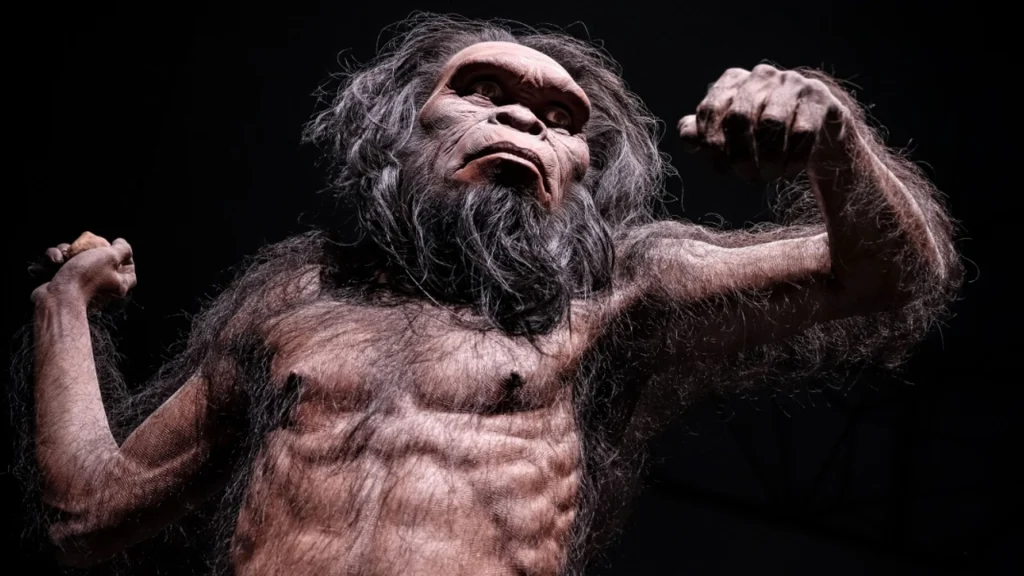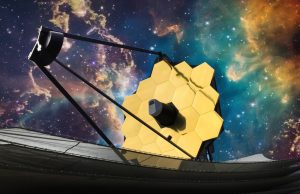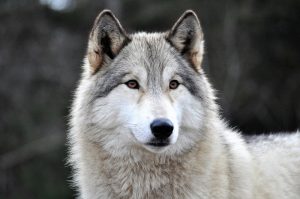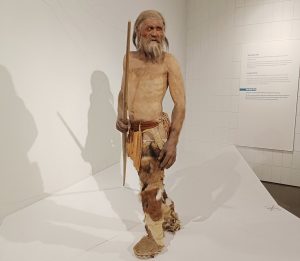Ancient Fossils in China Rewrite the Story of Human Evolution
Others are reading now
Human evolution is still a puzzle, with new pieces constantly being uncovered to change what we thought we knew.
The latest discovery in China adds an exciting new chapter to the story.
Scientists have identified a previously unknown human species that lived around 200,000 years ago, writes DetikInet.
This extinct species, called Homo juluensis, offers fresh insights into the diversity and complexity of ancient humans.
Also read
The discovery was made at the Xujiayao site in China, where researchers uncovered the fossilized remains of 16 individuals.
The extinct species had massive teeth
These early humans stood out for their physical traits. They had large, wide skulls and massive teeth, unlike anything seen in Neanderthals or modern humans.
The size of their skulls ranged from 103 to 109 cubic inches. For comparison, Neanderthal skulls averaged 88 cubic inches, while modern humans’ were about 82 cubic inches.
Stone tools, animal bones, and other artifacts were found with the fossils. These suggest that Homo juluensis were highly skilled hunters and survivors.
They relied heavily on wild horses for food, using every part of the animal. They ate the meat, marrow, and cartilage and used the hides to make clothing.
This resourcefulness helped them survive in harsh, cold conditions.
The researchers believe that Homo juluensis lived in small, isolated groups. This isolation may have made them more vulnerable to extinction.
Around 120,000 years ago, modern humans began migrating out of Africa.
These migrations likely brought them into contact with species like Neanderthals and Homo juluensis, leading to interbreeding and competition.
The study also found a surprising connection between Homo juluensis and the Denisovans.
A shared lineage. Maybe
Both species had very large molars with nearly identical surfaces, suggesting a shared lineage.
Some researchers think Denisovans may not have been a separate species but part of the Homo juluensis group.
The extinction of Homo juluensis was likely caused by environmental challenges and competition with modern humans.
The discovery challenges older ideas about human evolution. It shows that ancient East Asia had a much greater variety of human populations than previously thought.
These findings deepen our understanding of the intricate story of human origins.








